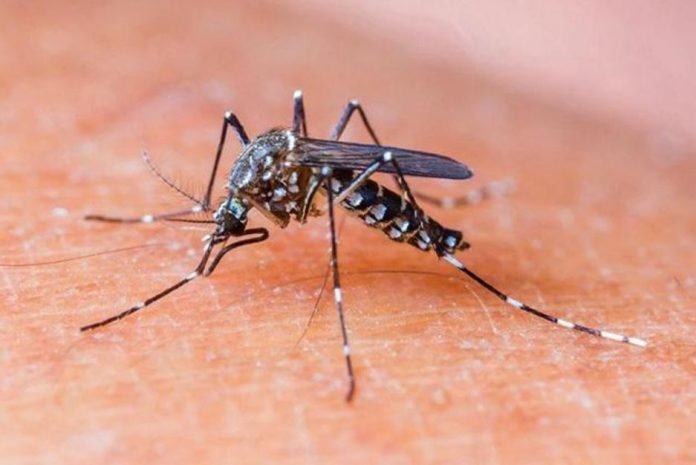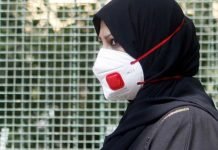There is no difference in the prevalence of fever and dengue. Dengue is a viral fever that spreads through female mosquito bites. Dengue infection is not directly contagious from person to person, meaning it is not infectious. However, such mosquitoes infest both day and night. The symptoms of dengue are noticed 4 to 7 days after the mosquito bites. Patient and his family need not panic when dengue occurs. Avoid unnecessary and domestic treatments, seek the advice of a good doctor, and start treatment in her care.

What are the symptoms of Dengue?
- If you are consuming the right amount of water you have to go to the urine every hour which is a good sign. But if you notice fainting or bleeding from anywhere, do not overlook it and contact your doctor immediately.
- Symptoms of the disease usually appear within 4 to 15 days after mosquito bites. Fever usually lasts for the first four to six days.
- Dengue plasma leakage occurs 48 hours after the last spike of fever. One has to be very careful in these times.
- Early symptoms of dengue include chills, headaches, rolling eyes and back pain, and so on. Persistent and severe fever is a sign of dengue.

- Other symptoms include extreme fatigue, back pain, joint pain, dizziness, vomiting, low blood pressure, rash, etc.
- Dengue is a 10-day illness. But sometimes it takes even longer.
- Panic is also a symptom of dengue. In dengue, you feel nervousness in the body.
- Small red fibers become in dengue. It may also cause occasional itching in the rash. Dengue causes fatigue.

- At times, the patient is likely to become infected even after having a fever. How can it be identified? Severe abdominal cramps, vomiting frequently, bleeding from the nose and nose, darkening of the nose and reddish-purple rash on the skin. In addition, it can occur in dengue shock syndrome. Feeling restless, feeling overwhelmed, skin faded and body cool down. Also, blood pressure can be reduced.
What should be done to prevent Dengue?
Cleanliness is the only caution. Destroy mosquitoes that spread such viruses. Stay away from dirty areas.
Do not keep water in all types of liquids, such as water drums, flower pots, or water utensils for animals. If mosquito infestation is high in your area, wear whole-bay clothing, smoke lime and take all steps to protect mosquitoes.

Treatment of Dengue
Consume maximum water 24-48 hours after the fever is over. This will increase the blood flow to the arteries.
Liquid diet and intake are extremely beneficial for patients with dengue fever. Consuming the right amount of water can prevent the risk of dengue.

It is wrong to say that taking more doses can get rid of dengue. Taking too much medicine can cause side effects. Take the prescribed medications in the right dose and on time.
If the patient goes to urinate every six hours, it turns out that there is no water shortage in his body. This is a good sign. If this does not happen, talk to your doctor about it. The color and quantity of urine should also be taken into account.
The patient should be bathed in a wet bath to reduce dengue fever. Which helps to lower body temperature. Keep the fan cool to room temperature.
If you like this post, then don’t forget to like and share the post.



















